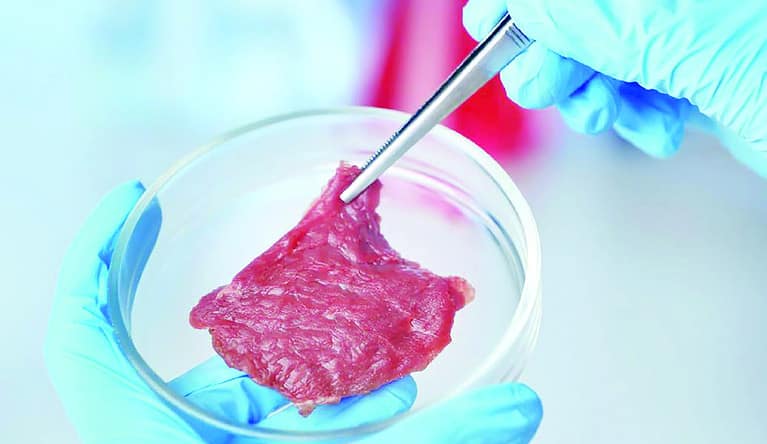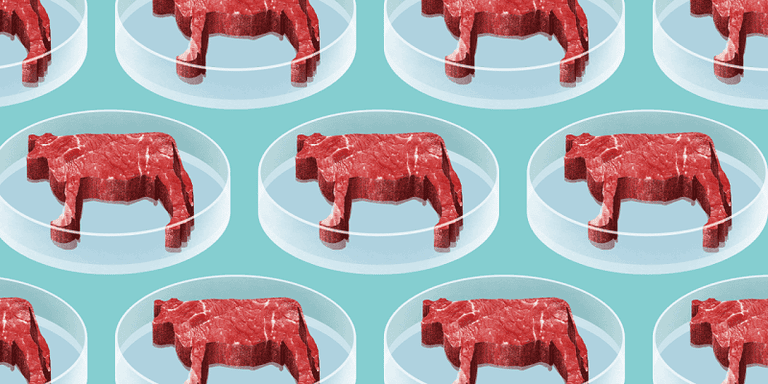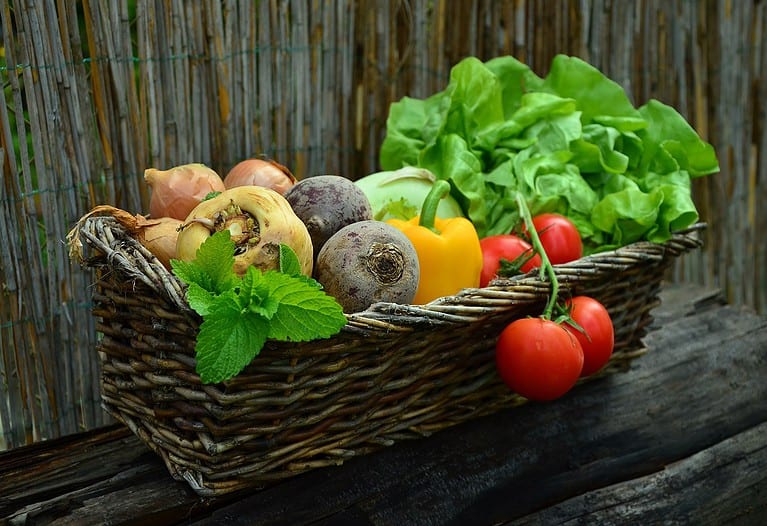Nutrient-Dense Foods: The Key to a Healthy Diet
Nutrient-dense foods are becoming increasingly popular as people recognize the importance of a healthy diet. These foods are packed with essential vitamins, minerals, and other nutrients that are crucial for maintaining good health. Unlike processed and junk foods, nutrient-dense foods provide a wide range of health benefits without adding unnecessary calories or harmful substances to the body.
Examples of nutrient-dense foods include fruits, vegetables, whole grains, proteins, nuts and seeds. These foods are rich in fiber, antioxidants, healthy fats and other nutrients, such as vitamins and minerals, that help keep the body functioning optimally. By incorporating more of these foods into your diet, you can improve your overall health and reduce your risk of chronic diseases such as heart disease, diabetes and cancer.
While there are many different nutrient-dense foods to choose from, it can be challenging to know where to start. In this article, we’ll explore some of the most nutrient-dense foods on the planet, as well as tips for incorporating them into your diet. Whether you’re looking to boost your energy levels, improve your digestion, or simply feel better overall, nutrient-dense foods are an excellent place to start.

What are Nutrient-dense Foods?
Nutrient-dense foods are those that are rich in essential nutrients, including vitamins, minerals and other important components that the body needs to function optimally. These foods generally have a high nutrient-to-calorie ratio, meaning that they provide a lot of nutrients relative to the number of calories they contain.
Examples of nutrient-dense foods include:
- Leafy greens, such as kale, spinach, and collard greens
- Berries, such as blueberries and strawberries
- Cruciferous vegetables, such as broccoli, cauliflower and Brussels sprouts
- Whole grains, such as quinoa, brown rice and whole wheat bread
- Proteins, such as eggs, beef, chicken, turkey and fish
- Legumes, such as lentils, chickpeas and black beans
- Nuts and seeds, such as almonds, chia seeds and flaxseeds
- Fruits, such as apples, oranges and bananas
These foods are typically low in components like fats, added sugars and sodium, which can contribute to chronic health conditions when consumed in excess. Instead, they provide a wide range of beneficial nutrients that support overall health and well-being, including:
- Vitamins, including A, C, D, E, and K
- Minerals, including calcium, iron, potassium and magnesium
- Fiber, which supports digestive health and helps regulate blood sugar levels
- Antioxidants, which protect against cellular damage and inflammation
- Phytochemicals, which have various health-promoting properties
Incorporating more nutrient-dense foods into your diet can help ensure that you are getting the nutrients your body needs to function optimally. By choosing a variety of colorful fruits and vegetables, whole grains, proteins and healthy fats, you can support your overall health and well-being.
Benefits of Nutrient-dense Foods
Improved Health
Eating nutrient-dense foods has numerous benefits for overall health. These foods are packed with essential vitamins, minerals and other nutrients that are necessary for the body to function properly. When you consume nutrient-dense foods, your body is able to operate at its best, allowing you to feel more energized and focused throughout the day.
Additionally, nutrient-dense foods can help to strengthen the immune system, which can reduce the risk of developing illnesses and infections. This is because these foods contain antioxidants and other compounds that help to protect the body from damage caused by free radicals.
Weight Management
Nutrient-dense foods can also be an effective tool for weight management. These foods are typically lower in calories than their processed counterparts, meaning that you can eat more of them without consuming excessive amounts of calories. This can help you to feel fuller for longer periods of time, reducing the likelihood of overeating or snacking throughout the day.
In addition, nutrient-dense foods tend to be high in fiber, which can help to regulate digestion and promote feelings of fullness. This can be especially helpful for those who are trying to lose weight or maintain a healthy weight.
Reduced Risk of Chronic Diseases
Eating nutrient-dense foods can also help to reduce the risk of developing chronic diseases. This is because these foods contain a variety of nutrients that are essential for maintaining good health. For example, consuming foods that are high in vitamin C can help to reduce the risk of developing heart disease and certain types of cancer.
In addition, consuming foods that are high in omega-3 fatty acids can help to reduce inflammation in the body, which can reduce the risk of developing conditions such as arthritis and autoimmune disorders. Overall, incorporating more nutrient-dense foods into your diet can help to improve your overall health and reduce the risk of developing chronic diseases.
Examples of Nutrient-dense Foods
Vegetables and Fruits
Vegetables and fruits are some of the most nutrient-dense foods available. They are packed with vitamins, minerals and fiber that are essential for maintaining good health. Some of the most nutrient-dense vegetables and fruits include:
- Spinach – high in iron, vitamin K and vitamin A
- Kale – high in vitamin K, vitamin C and calcium
- Broccoli – high in vitamin C, vitamin K and fiber
- Sweet potatoes – high in vitamin A, potassium and fiber
- Blueberries – high in antioxidants, vitamin C and fiber
- Oranges – high in vitamin C, folate and potassium
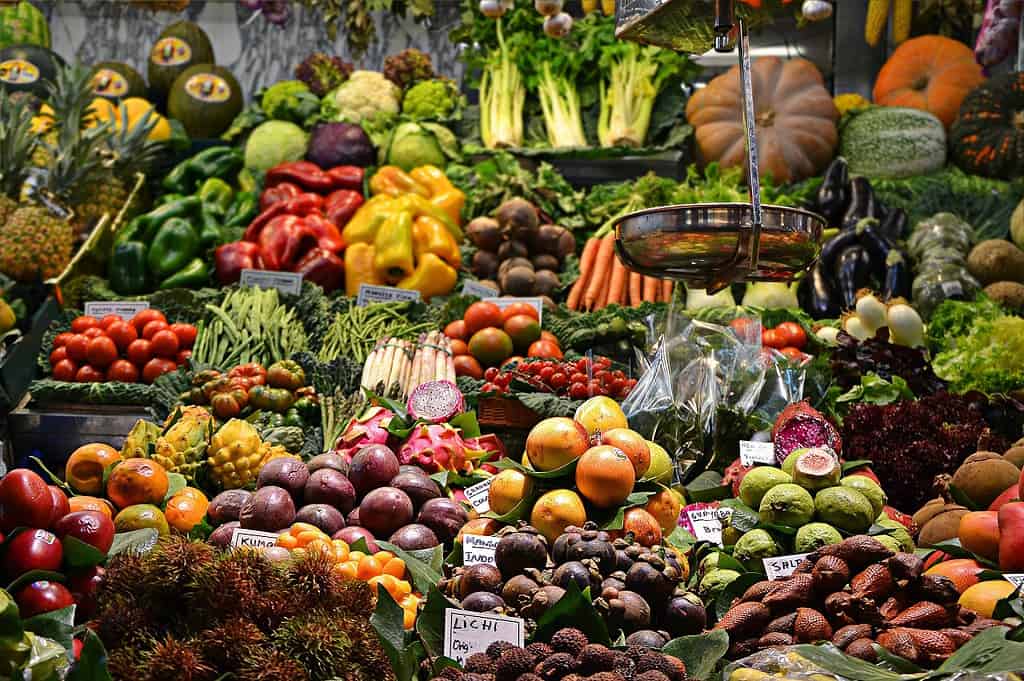
Whole Grains
Whole grains are another great source of nutrients. They are high in fiber, vitamins and minerals. Some of the most nutrient-dense whole grains include:
- Quinoa – high in protein, fiber and iron
- Brown rice – high in fiber, magnesium and selenium
- Oats – high in fiber, protein and magnesium
- Bulgur – high in fiber, vitamin B6 and iron
- Millet – high in protein, fiber and magnesium
Fatty Proteins
Fatty proteins, such as fish and grass-fed beef, are packed with nutrients that are essential for good health. They are high in protein, omega-3 fatty acids and other important nutrients. Some of the most nutrient-dense fatty proteins include:
- Eggs – high in protein, omega-3 fatty acids, vitamin B12 and D, and minerals
- Salmon – high in omega-3 fatty acids, protein and vitamin D
- Sardines – high in omega-3 fatty acids, protein and vitamin D
- Grass-fed beef – high in protein, iron and vitamin B12
- Lamb – high in protein, iron, and vitamin B12
- Tuna – high in protein, omega-3 fatty acids and vitamin D
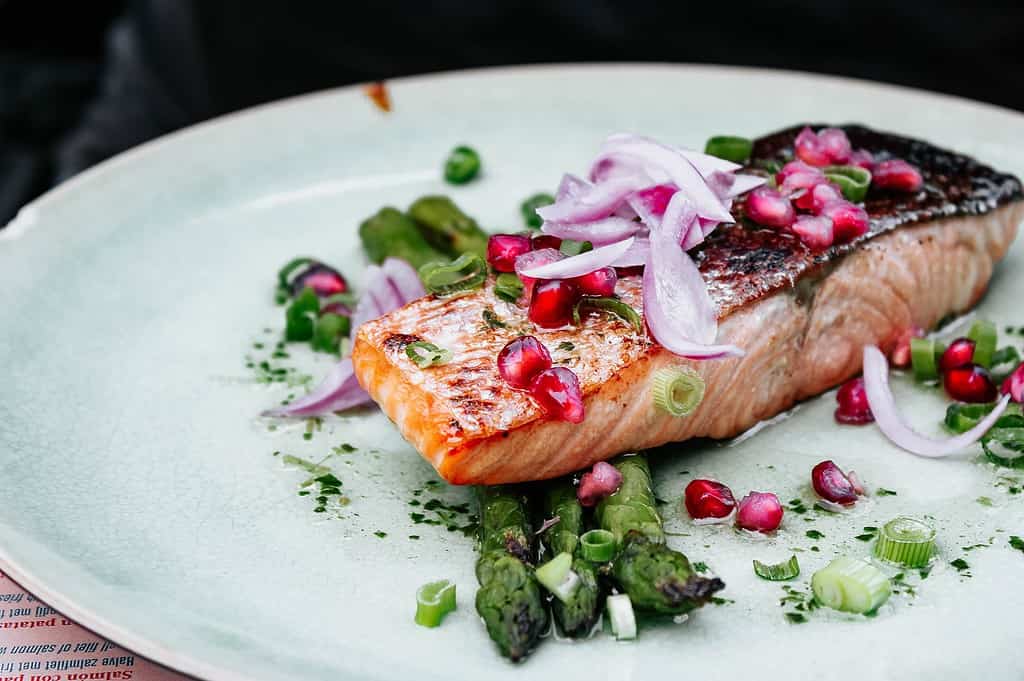
Nuts and Seeds
Nuts and seeds are another great source of nutrients. They are high in healthy fats, protein, fiber and other essential nutrients. Some of the most nutrient-dense nuts and seeds include:
- Almonds – high in vitamin E, magnesium and fiber
- Chia seeds – high in fiber, protein and omega-3 fatty acids
- Pumpkin seeds – high in protein, magnesium and zinc
- Walnuts – high in omega-3 fatty acids, protein, and fiber
- Flaxseeds – high in fiber, omega-3 fatty acids and lignans
Fermented Dairy Products
Fermented dairy products, such as yogurt and kefir, are high in probiotics and other important nutrients. They can help improve digestion and boost the immune system. Some of the most nutrient-dense fermented dairy products include:
- Yogurt – high in probiotics, calcium and vitamin B12
- Kefir – high in probiotics, calcium and vitamin B12
- Cottage cheese – high in protein, calcium and vitamin B12
- Buttermilk – high in probiotics, calcium and vitamin B12
How to Incorporate Nutrient-dense Foods into Your Diet
Meal Planning
Meal planning is a great way to incorporate nutrient-dense foods into your diet. Start by making a list of nutrient-dense foods that you enjoy eating. Then, plan your meals around these foods. For example, if you love sweet potatoes, plan to have them as a side dish for dinner a few times a week. Another way to incorporate nutrient-dense foods into your meals is by using them as the main ingredient. For example, try making a quinoa salad with lots of veggies and a protein source like eggs, chicken or tofu.
Snack Ideas
Snacks are a great opportunity to add more nutrient-dense foods to your diet. Some easy snack ideas include sliced veggies with hummus, a piece of fruit with nut butter, or a handful of nuts and seeds. Another great snack option is a mixture made with nutrient-dense ingredients like berries and Greek yogurt.
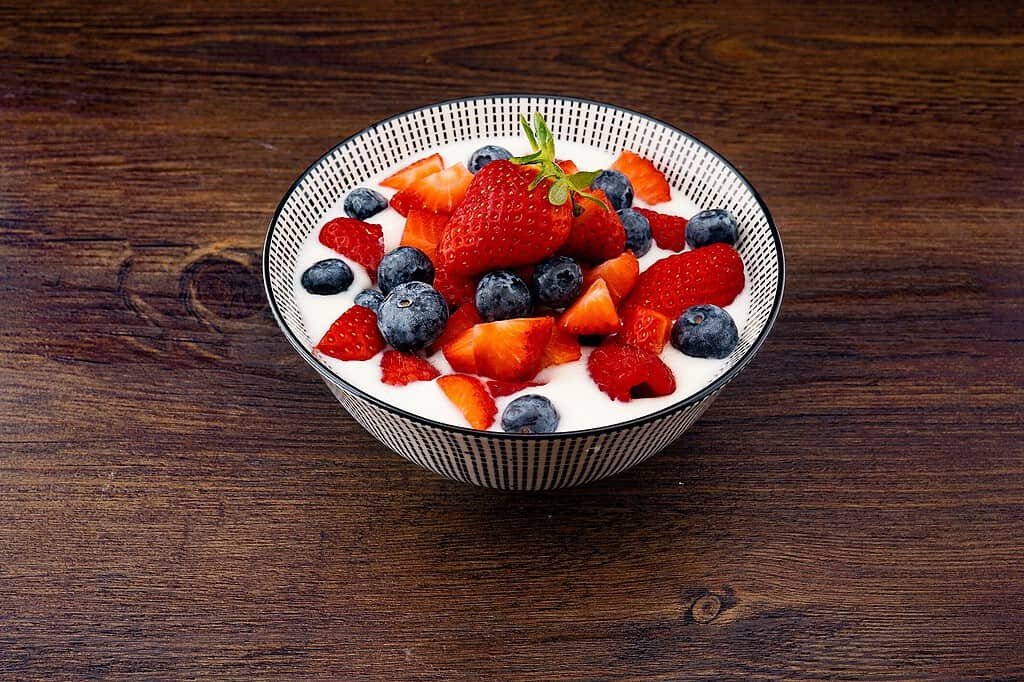
Eating Out
Eating out can be challenging when trying to incorporate nutrient-dense foods into your diet. However, there are still plenty of options available. Look for restaurants that offer salads with lots of veggies and a protein source like grilled chicken or salmon. Choose a side of steamed veggies instead of fries or opt for a baked sweet potato instead of a baked potato with sour cream and cheese. When ordering a sandwich, choose whole grain bread and load it up with veggies and lean protein. Incorporating nutrient-dense foods into your diet doesn’t have to be difficult. By meal planning, choosing nutrient-dense snacks and making wise choices when eating out, you can easily increase your intake of these important foods.
Conclusion
It is clear that consuming nutrient-dense foods is important for maintaining a healthy and balanced diet. These foods provide the necessary vitamins, minerals and other essential nutrients that our bodies need to function properly, without adding excessive calories.
Some of the most nutrient-dense foods include leafy greens, berries, nuts, seeds and fatty fish. These foods are not only packed with nutrients, but they are also versatile and can be incorporated into a variety of dishes.
It is important to note that not all foods marketed as “healthy” or “low-fat” are necessarily nutrient-dense. Many processed foods may be low in calories, but they often lack the necessary nutrients that our bodies need. It is crucial to read labels and choose foods that are minimally processed and contain whole, natural ingredients.
Incorporating nutrient-dense foods into your diet can have numerous health benefits, including improved energy levels, better digestion and reduced risk of chronic diseases. By making small changes to your diet and choosing nutrient-dense options, you can support your overall health and well-being.


